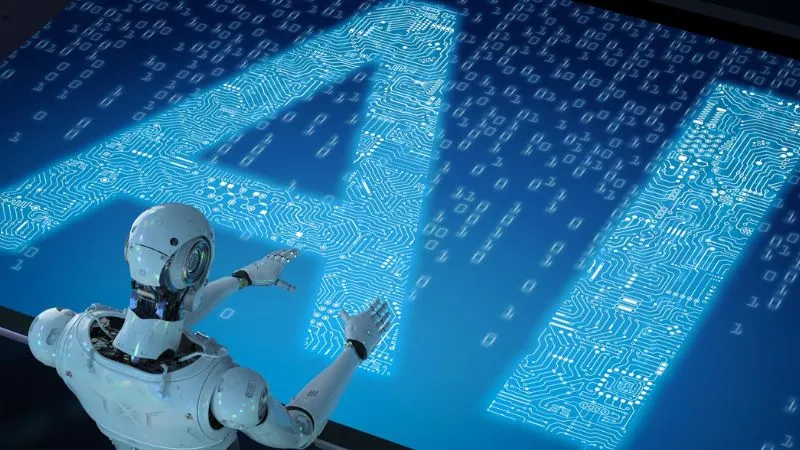Artificial Intelligence (AI) has emerged as one of the most transformative technologies of the 21st century, revolutionizing various aspects of our lives. From healthcare to transportation, education to entertainment, AI is reshaping society and the numerous ways it is changing the world around us.
Benefits of AI:
AI technology offers a multitude of benefits that have the potential to revolutionize various aspects to our lives. One major advantage is increased efficiency and productivity. AI system can automate repetitive and mundane task, allowing humans to focus on more creative and strategic endeavors. This not only saves time but also enhances accuracy and precision.
AI also enables better decision-making by processing and analyzing vast amount of data in a relatively short period. This data driven approach allows businesses and organization to gain valuable insights, identify patterns, and make informed decisions based on evidence rather than intuition alone. In fields like healthcare, AI can assist in diagnosing diseases, identifying treatment options, and recommending personalized care plans.
Another advantage is the ability of AI to enhance safety and security.AI powered systems can monitor and detect anomalies in real-time, aiding in the prevention of accidents, crimes, and security breaches. For instance, facial recognition technology can help identify and track potential threats in public spaces.
Limitation & Drawbacks:
AI technology, while offering numerous benefits, also comes with its share of limitation and concerns. One of the major drawbacks is Job displacements, where AI systems automate tasks previously performed by humans, potentially leading to unemployment. Additionally, there is a risk of bias and discrimination in AI algorithms if the training data they rely on biased or lacks diversity. This can result in unintentional discrimination in area like hiring or lending decisions.
AI systems lack the human judgment and understanding that humans possess. While they at processing vast amounts of data, they struggle with complex or nuanced situation that require empathy and emotional intelligence. Privacy and security concerns are also raised, as AI heavily relies on personal and sensitive data. If not properly protected, this data can be vulnerable to breaches and misuse.
14% of workers claim to have already lost a job to “robots”. In May 2023, 3,900 US job losses were linked directly to AI. British Telecom aims to replace 10,000 staff with AI within 7 years.
As artificial intelligence continues to evolve, its impact on society grows ever more significant. From improving efficiency and productivity to transforming healthcare, transportation, customer service, and education, and it’s important to address these limitation and challenges through ongoing research, responsible implementation, and robust ethical frameworks. Embracing and harnessing the power of AI offers exciting opportunities to create a more efficient, inclusive, and sustainable future.
